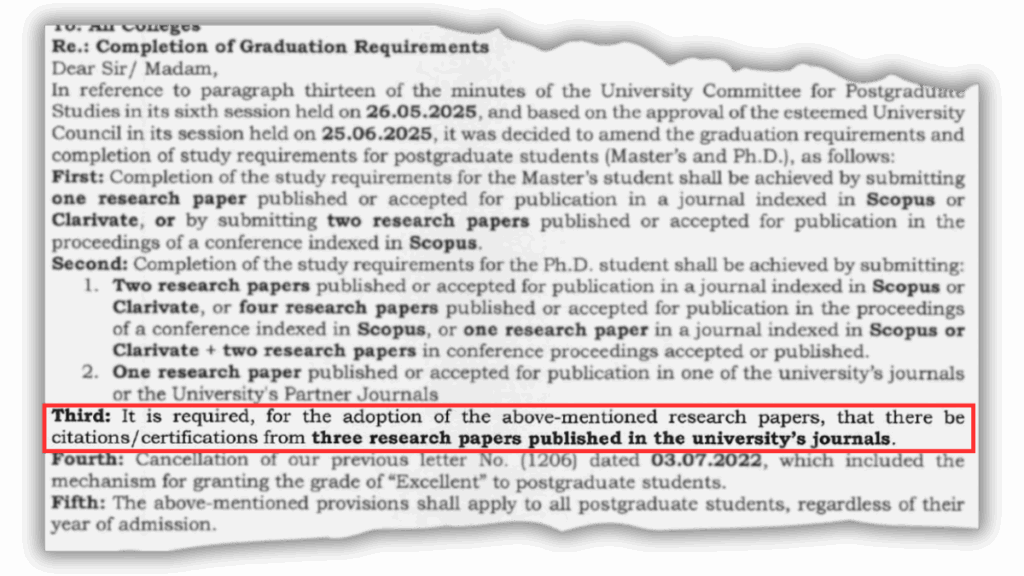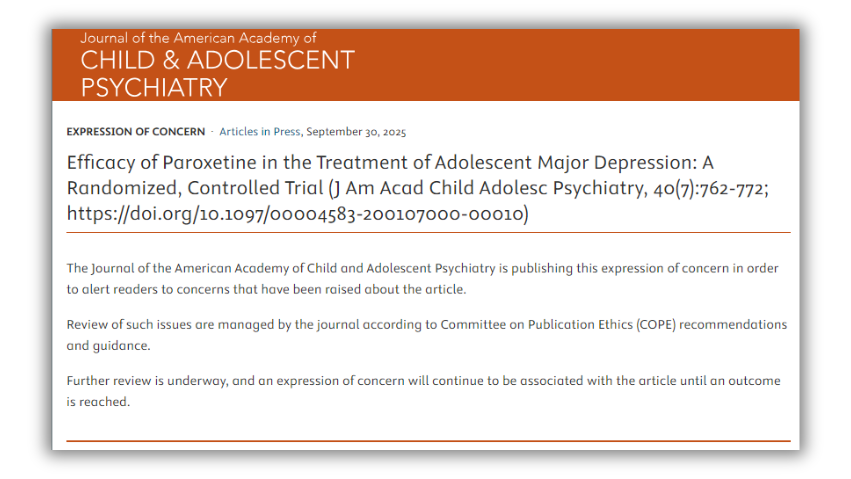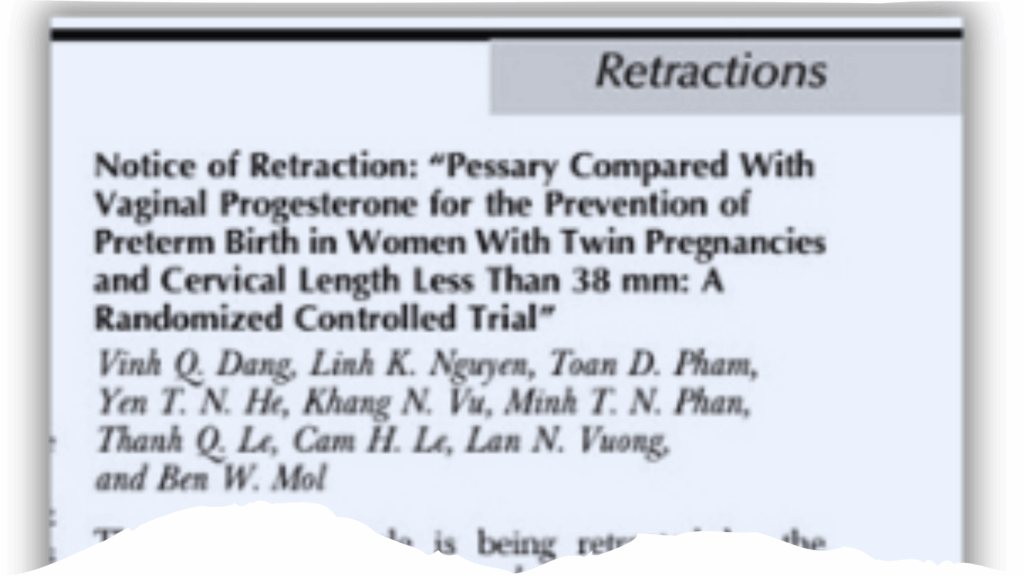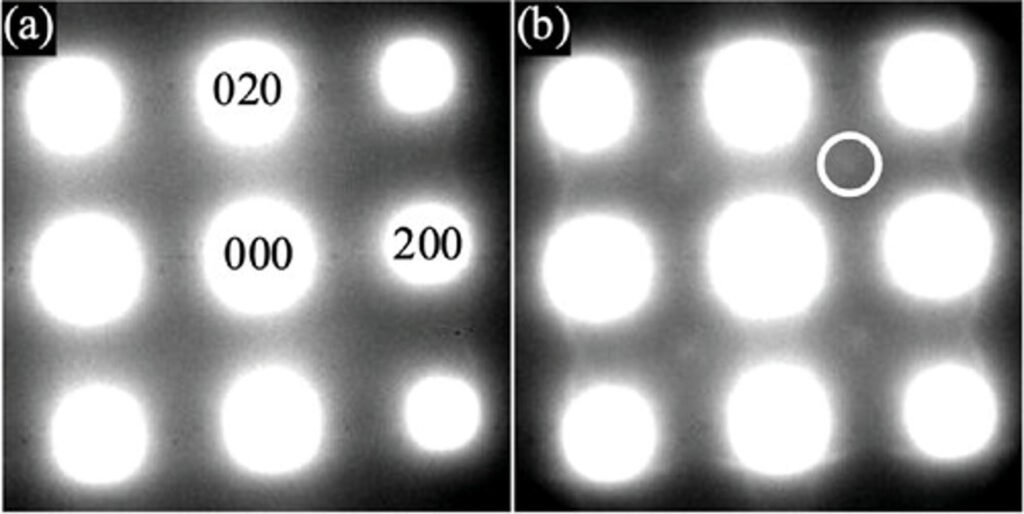
Dear RW readers, can you spare $25?
The week at Retraction Watch featured:
- A review claimed a researcher was an expert in sex robots. He’s not
- Iraqi dean earns another retraction for paper posted for sale on Facebook
- Sleuth loses paper for duplicate publication after flagging hundreds of untrustworthy articles
- Controversial Paxil “Study 329” earns expression of concern after critic sues publisher
- Exclusive: Iraqi university forcing students to cite its journals to graduate
Did you know that Retraction Watch and the Retraction Watch Database are projects of The Center of Scientific Integrity? Others include the Medical Evidence Project, the Hijacked Journal Checker, and the Sleuths in Residence Program. Help support this work.
Here’s what was happening elsewhere (some of these items may be paywalled, metered access, or require free registration to read):
Continue reading Weekend reads: Spinal researcher gave patients ‘false hope’; HHS admits error in laying off top ethics official; Alzheimer’s fraud trial set to begin






